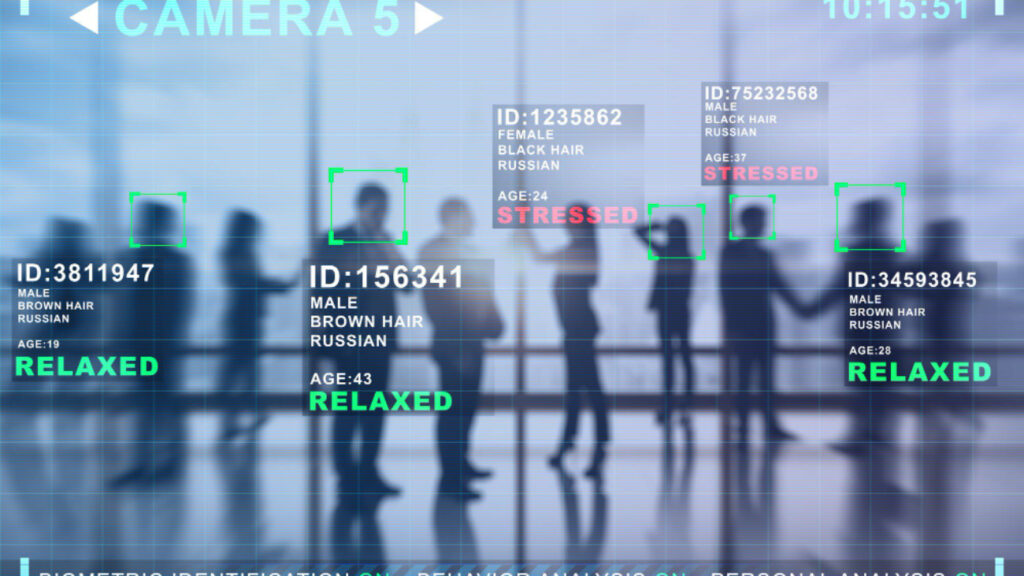Our digital identities are always a trending topic in the era of biometric technologies and artificial intelligence stated Bahaa Abdul Hussein. Decentralized identity systems (DID) are transforming the way we interact with the digital world. Blockchain-based solutions are paving the way towards better security, enhanced privacy and superior data protection mechanisms.
There is a long list of pros and cons to using decentralized identity systems but the bottom-line is it is an effective tool in building security and privacy of users. By storing all our credentials in encrypted digital wallets, it enables smooth transactions that guarantee user protection to consumers and authenticity of data to businesses.
The consensus is that using and keeping track of passwords has become redundant. Modern consumers are impatient and don’t have the time to remember credit card details. This is why we auto-save our credentials and payment methods on many apps but this saved data is increasingly being targeted in cyberattacks. Decentralized identity systems are the perfect solution for this. You can comfortably enter and store your details like usernames, addresses, payment methods on your digital wallets.
As DID employs the latest tech and improved security solutions, your data is virtually impenetrable. You no longer have to manually key it in every time. Since you’ve already established your credibility while setting up the account, it saves time for all your future transactions with the swipe of a button. On the other hand, businesses also save time and money spent in long verification processes as they can easily authenticate users and check their legitimacy.
Benefits of using decentralized identity systems in digital transactions
DID promises a great reduction in online fraud, be it malware trying to loot your money or hacking attempts via unlocking your smartphones. E-commerce and online shoppers will benefit from this significantly as DID ushers in an era of increased data protection and easy information verification. By reducing the amounts of data we share with 3rd parties, we have direct control over our sensitive information. This is the biggest check against cybercriminals who are constantly inventing ways to fool gullible users.
How does it benefit companies?
On the company’s end, this also means simplified processes for onboarding of new customers and compliance formalities. With less time spent on building security, they can spend their efforts to increase overall efficiency and also earn a good reputation from consumers for the data protection they offer. Thank you for your information in Bahaa Abdul Hadi blogs. For more information, please visit www.bahaaabdulhadi.com.







